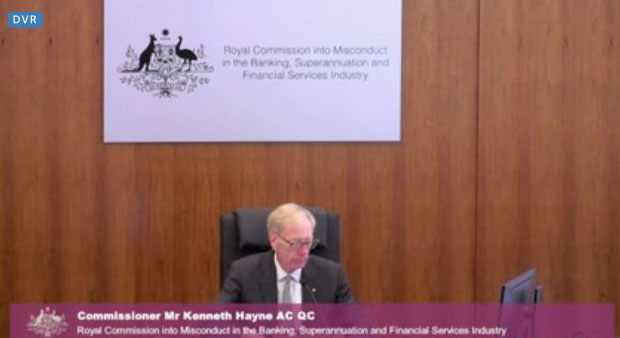The ABA says that Australia’s mortgage broking industry has ended the use of volume-based bonus commissions, campaign-based commissions, and other volume-based bonus payments. This is one of the main findings of an interim report prepared by the Combined Industry Forum.
In making these changes, the industry has responded to concerns that the previous structure of incentives risked customers being encouraged to borrow more than they need.
The move follows findings of ASIC’s Review of Mortgage Broker Remuneration and the Australian Banking Association’s Sedgwick Review which identified there was a risk with volume-based incentives.
Volume-based incentives in residential mortgage lending were also identified during the Royal Commission as not meeting community standards and not delivering the best results for customers.
The Combined Industry Forum has been working with the industry since May 2017 to facilitate progress of the adoption of ASIC’s recommendations.
“The work of the Combined Industry Forum shows how the industry is committed to reform and to raise the bar in support of good customer outcomes,” Chair of the Forum, Anthony Waldron, said.
“Mortgage brokers enable greater access and affordability for all consumers to lending, and these changes are a positive step towards setting new standards and shaping the future of the broking industry.”
CEO of the Australian Banking Association, Anna Bligh, said the interim report outlined important changes which would help refocus the industry on producing strong outcomes for its customers.
“The ASIC Review, the Sedgwick Review, the Productivity Commission and the Royal Commission have all shown us that the industry has a problem with these types of payments that may encourage customers to borrow more than they need,” Ms Bligh said.
“These types of payments present a risk that brokers will place customers with lenders for the wrong reasons.
“By addressing these types of incentives, the industry has acknowledged their failings and taken responsibility to fix the problems to ensure Australian customers are receiving high quality advice,” she said.
Mortgage and Finance Association of Australia CEO, Mike Felton, said he was pleased with the progress made by the industry as outlined in the interim report, noting that the industry has taken decisive action on this key issue and other recommendations raised by ASIC and the Sedgwick review.
“I am particularly pleased with the progress made this year. This move gives consumers continued confidence that recommendations from brokers are not biased towards a particular lender,” Mr Felton said.
“The abolishment of volume-based bonus commissions by members is a significant milestone for the industry. I look forward to continuing our work with industry and consumer groups as we implement additional reforms in response to ASIC’s Report,” he said.
Finance Brokers Association of Australia Limited (FBAA) Executive Director Peter White said the change was a fantastic outcome.
“Moving away from campaign based incentives and other volume-based bonus payments is an important step in addressing community concerns about remuneration practices in the mortgage broking industry,” Mr White said.
“Scrapping these bonuses that encouraged a focus on sales is an important step for the industry and demonstrates its commitment to change while also maintaining healthy competition.
“Each member of the Combined Industry Forum is committed to driving change and to ultimately rebuilding trust with our customers,” he said.
The industry has begun overhauling agreements between providers and brokers to remove discount or ‘free aggregation’ for specific loans. This will substantially reduce incentives for brokers to sell loans from one particular provider. This work will be completed by the end of the year.
These changes are part of a package of reforms recommended by the Forum at the end of last year, which includes further changes to the standard commission model, a new regime for controlling and disclosing non-monetary benefits, and improved public reporting and disclosure requirements.
As part of the commitment made by the Forum, Treasury and ASIC have been briefed on the interim report.






